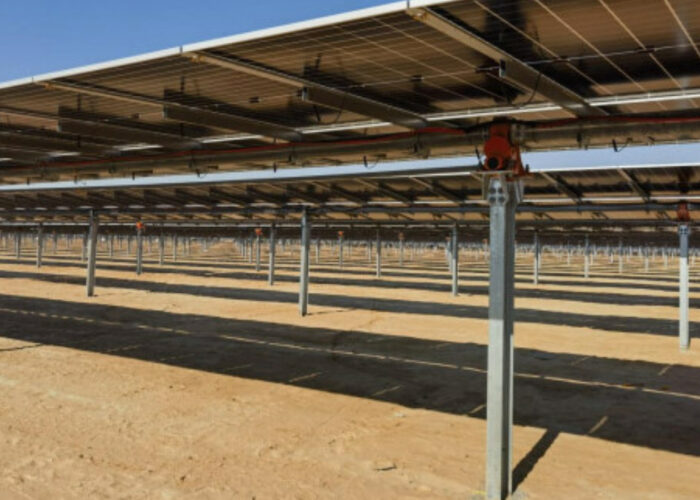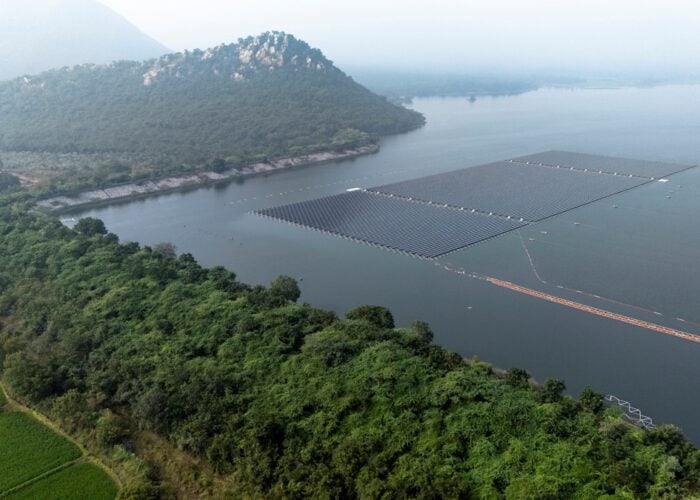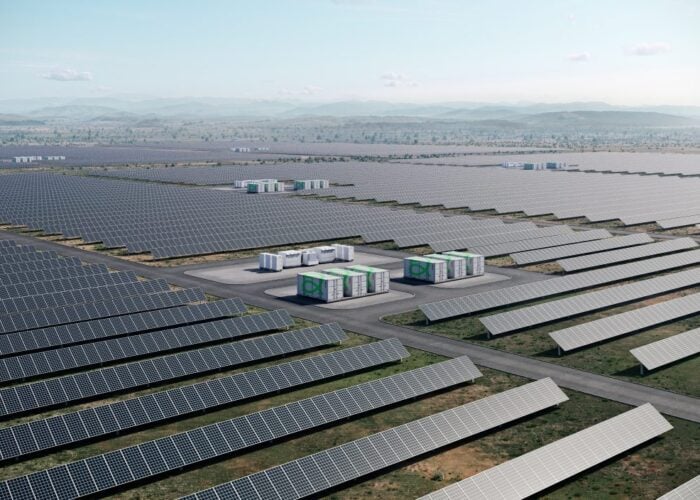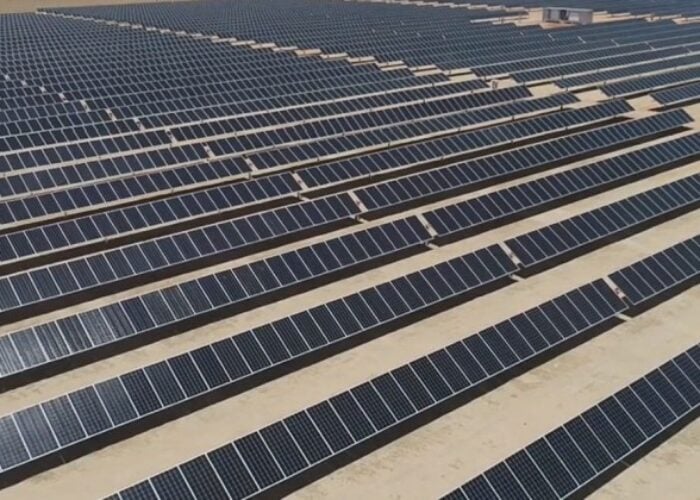PV-Tech can confirm the European Commission is planning to impose between 37.2% and 67.9% tariffs on Chinese solar module manufacturers.
A commission source has revealed that over 100 Chinese companies have been involved in this investigation. Those that have cooperated will be given the lower tariffs and those that did not will be in the higher band, with levies averaging 47.6%.
Try Premium for just $1
- Full premium access for the first month at only $1
- Converts to an annual rate after 30 days unless cancelled
- Cancel anytime during the trial period
Premium Benefits
- Expert industry analysis and interviews
- Digital access to PV Tech Power journal
- Exclusive event discounts
Or get the full Premium subscription right away
Or continue reading this article for free
The commission, having made its decision, now awaits the results of a consultation with member states before the tariffs, which if approved, will be published in the Official Journal of the European Union in June and come into provisional effect.
The commission will then have until the end of this year to decide whether or not to implement the measures and there are still hopes for a negotiated settlement with Beijing.
PV-Tech was unable to reach Chinese government representatives in Brussels, but a spokesman for China’s Ministry of Commerce quoted in Reuters said: “We don't want to see a trade war between the two sides and we hope the EU can cautiously make the ruling decision on China's solar panel products.”
Some observers have speculated that the proposed tariffs could be a tactic deployed by the commission to persuade China to institute a cap on solar exports to the EU. A cap of 10GW is one figure that has been suggested by insiders.
Meanwhile, key details on the nature of the tariffs remain unclear, particularly how they will be applied, making assessments of their likely impact difficult to gauge.
But the Association for Affordable Solar Energy (AFASE), which has been lobbying the Commission against imposing tariffs, said the development was “extremely worrying”, citing the report by Prognos earlier this year which said levies would cost Europe €27.8 billion.
AFASE spokeswoman Andrea Maibaum told PV-Tech: “The Prognos study is the only solid economic research that has been undertaken so far to analyse the impact of duties on the PV value chain. The Prognos study is based on conservative calculations and takes the specifics of the solar market into account.
“Punitive tariffs will cost far more jobs than they save and won't help to solve the structural problems of European manufacturers. In addition they are not in line with the EUs energy policy.”
However, the EC source said the Prognos report “overestimates” the job losses the European solar industry could face with the imposition of tariffs. What the Prognos report fails to take into account, said the source, is that “the EU industry risks to completely disappear without the introduction of measures”.
“It should also be noted that the evolution of jobs overall is in fact closely linked to the evolution of demand,” the source added.
Milan Nitzschke, President of EU ProSun, the body that initially lodged the complaint against Chinese manufacturers, said: “The announcement of anti-dumping duties comes for many at the last moment, but still in time. Europe remains the global leader in solar technology. Everything that is currently used in the solar industry in China has been previously developed and applied in Europe. Compared to China, we are still about a year ahead.
“If the EU takes action against dumping, the strategically significant photovoltaic industry can be maintained and further expanded in Europe. Furthermore, a Chinese monopoly with all the ensuing negative consequences for customers, installers and suppliers will be prevented,” added Nitzschke.
A spokesman for EU ProSun said the organisation would await official written confirmation from the commission before making further comment.
Chinese manufacturers, meanwhile, have expressed concern that duties on Chinese products could cost many jobs.
A spokesman for Yingli Green Energy Europe told PV-Tech: “Punitive tariffs – no matter at what level – will inevitably lead to higher prices for solar products threatening hundreds of thousands of jobs in the sector.
“As a sampled company we have closely cooperated with the European Commission in the course of the investigation and in our opinion conditions for the imposition of punitive tariffs are not fulfilled.”
(Additional reporting Julia Chan and Ben Willis)






